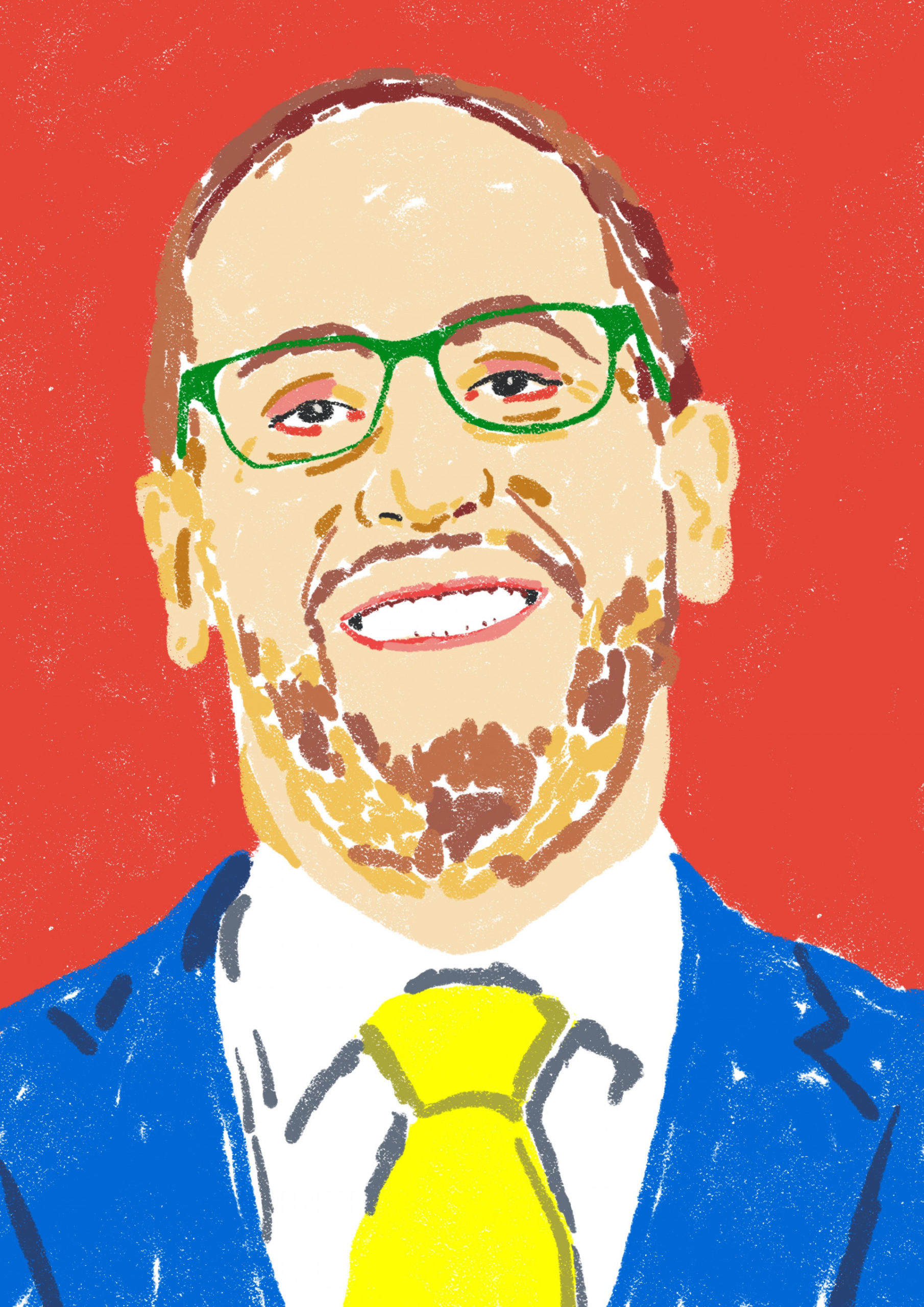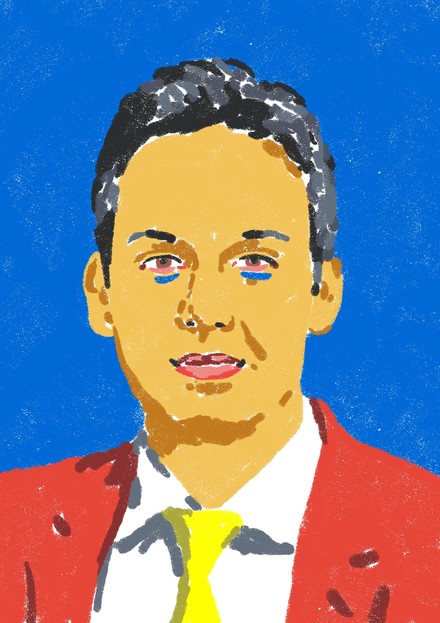Albert Fox Cahn

Updating the law for the digital age
Digital surveillance has skyrocketed over the last years - it’s cheap, invisible, and easy to scale. In New York City alone, the police ran 22,000 facial recognition searches over the last 3 years. Albert’s organization S.T.O.P. mobilizes communities to stop the police and government from secretly spying on us, and from using that data to harass and surveil further - especially Blacks, immigrants, Muslims, and LGTBQ+s. Through community advocacy, and with the help of law firms, S.T.O.P. creates new policies that demand transparency from law enforcement and government agencies, and outlaw secretive spying. And once new policies are set, citizens can go to court if their privacy is infringed upon.
Impact
Founded in 2019
+100 organizations strong community coalition
Major legislative wins in 2020 to curb surveillance and increase privacy, among them the POST act in NYC
Dozen major law firms as pro-bono partners for legislation and litigation
Interesting fact from Albert:
“For a long time, economics enforced a level of particularity beyond what our case law required. Because police departments had to choose, is it worth spending thousands of dollars to install this wiretap? Is it worth hours of overtime to send a rotating surveillance team to track someone's movement? All that costs a huge amount. But now, it’s possible to use facial recognition or a geofence warrant to completely surveill someone for graffiti, or shoplifting. And because there is no marginal cost to scaling surveillance up, it becomes more and more prevalent.”




